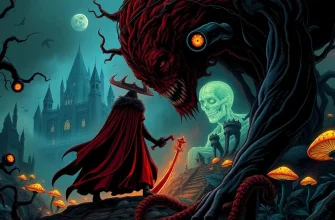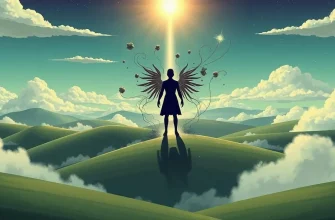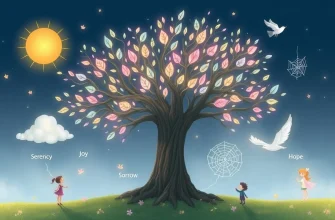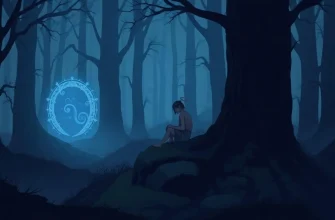Embark on a cinematic journey where the lines between reality and fantasy blur, offering a unique perspective on schizophrenia. These films not only entertain but also provide a deeper understanding of mental health through the lens of fantasy, making them invaluable for those interested in both genres. Here's a curated list of 10 films that weave tales of magic, mystery, and the mind.
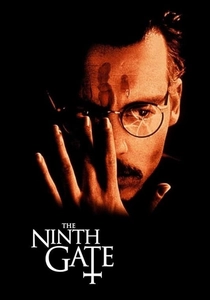
The Ninth Gate (1999)
Description: This film follows a rare book dealer who becomes entangled in a world of occult and supernatural elements, with his own sanity and reality constantly in question, akin to the disorientation of schizophrenia.
Fact: The film was directed by Roman Polanski, known for his interest in psychological thrillers.
 Watch Now
Watch Now
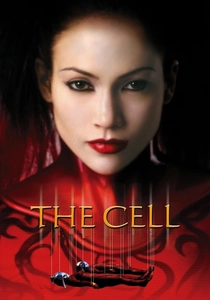
The Cell (2000)
Description: While not directly about schizophrenia, this film explores the mind through a fantastical journey into the psyche of a serial killer, offering a visual representation of mental disorders.
Fact: The film's surreal visual effects were inspired by the works of H.R. Giger.
 Watch Now
Watch Now
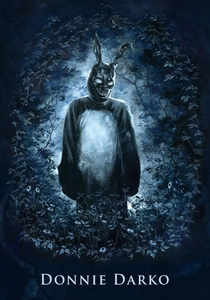
Donnie Darko (2001)
Description: A cult classic, this film follows a troubled teenager, Donnie, who experiences visions of a figure in a rabbit costume, leading him on a path of time travel and existential questioning, mirroring the confusion of schizophrenia.
Fact: The film was initially a box office flop but gained a massive following through home video releases.
 Watch Now
Watch Now
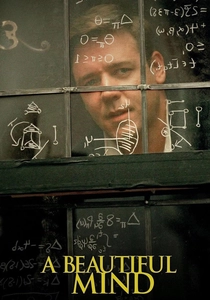
A Beautiful Mind (2001)
Description: This film delves into the life of John Nash, a brilliant mathematician whose genius is overshadowed by his struggle with schizophrenia. The fantasy elements come from Nash's hallucinations, which are portrayed as real events, creating a surreal narrative.
Fact: The film won four Academy Awards, including Best Picture and Best Adapted Screenplay.
 Watch Now
Watch Now
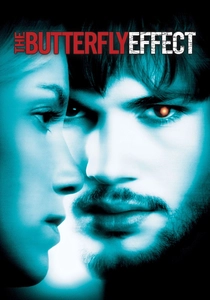
The Butterfly Effect (2004)
Description: This film explores time travel and its psychological effects, where the protagonist's attempts to change the past lead to mental instability, reflecting the chaotic nature of schizophrenia.
Fact: The film had several alternate endings, reflecting the theme of changing outcomes.
 Watch Now
Watch Now
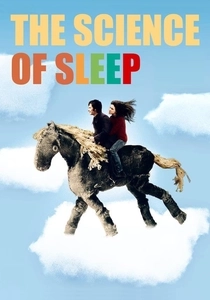
The Science of Sleep (2006)
Description: Michel Gondry's film blurs the line between dreams and reality, with the protagonist's vivid imagination and confusion between dream and waking life resembling aspects of schizophrenia.
Fact: The film uses stop-motion animation to represent the dream sequences, adding to its fantastical feel.
 Watch Now
Watch Now
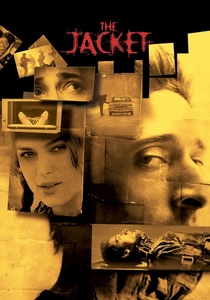
The Jacket (2005)
Description: A Gulf War veteran experiences time travel through experimental treatments, leading to a surreal exploration of his own mind, akin to the disorientation of schizophrenia.
Fact: The film's ending was changed after test audiences found the original too bleak.
 Watch Now
Watch Now
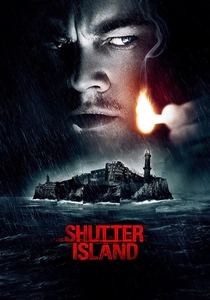
Shutter Island (2010)
Description: While not explicitly about schizophrenia, the film's narrative plays with the protagonist's perception of reality, creating a fantasy-like investigation into his own mind.
Fact: The film is based on the novel by Dennis Lehane, who also wrote "Mystic River."
 Watch Now
Watch Now
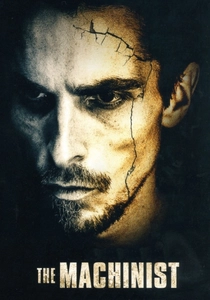
The Machinist (2004)
Description: Although primarily about insomnia, the film's protagonist, Trevor Reznik, experiences hallucinations and paranoia, which can be likened to symptoms of schizophrenia, set within a dark, industrial fantasy.
Fact: Christian Bale lost a significant amount of weight to portray the emaciated Reznik.
 30 Days Free
30 Days Free
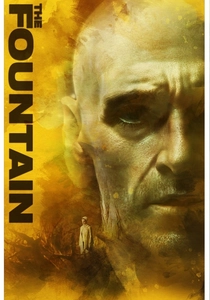
The Fountain (2006)
Description: Darren Aronofsky's film intertwines three stories across different time periods, exploring themes of love, loss, and the quest for immortality, with elements of fantasy that could be seen as a metaphor for mental escape from reality.
Fact: The film was initially conceived as a much larger project but was scaled down due to budget constraints.
 30 Days Free
30 Days Free




